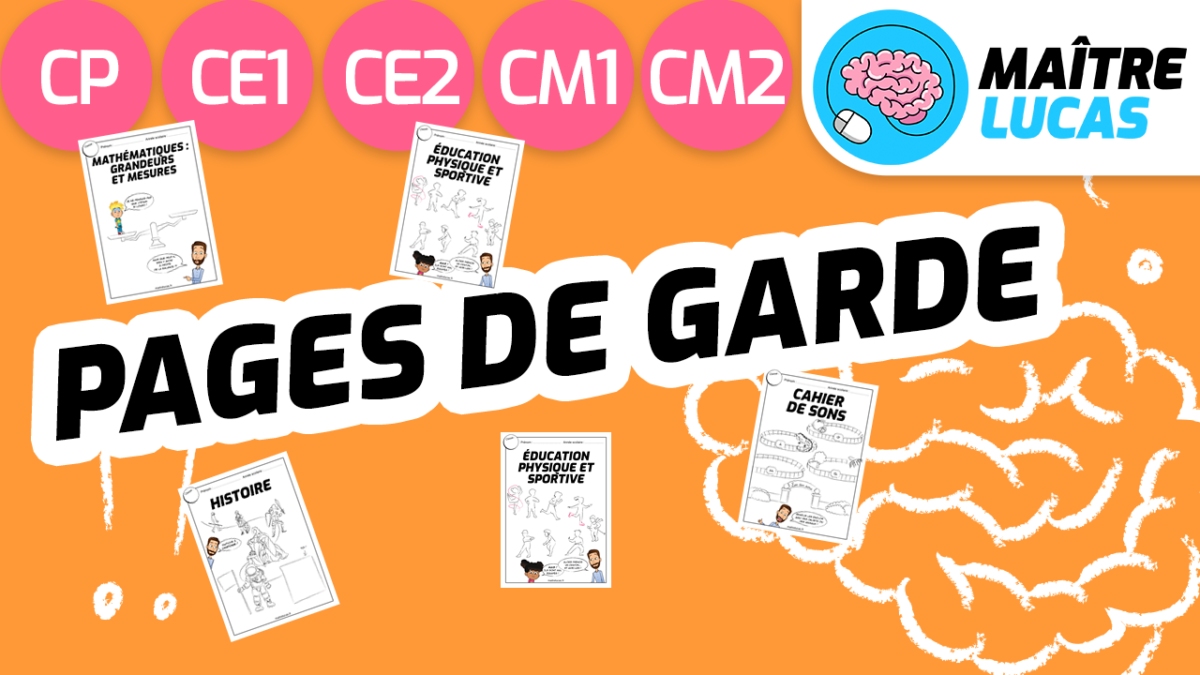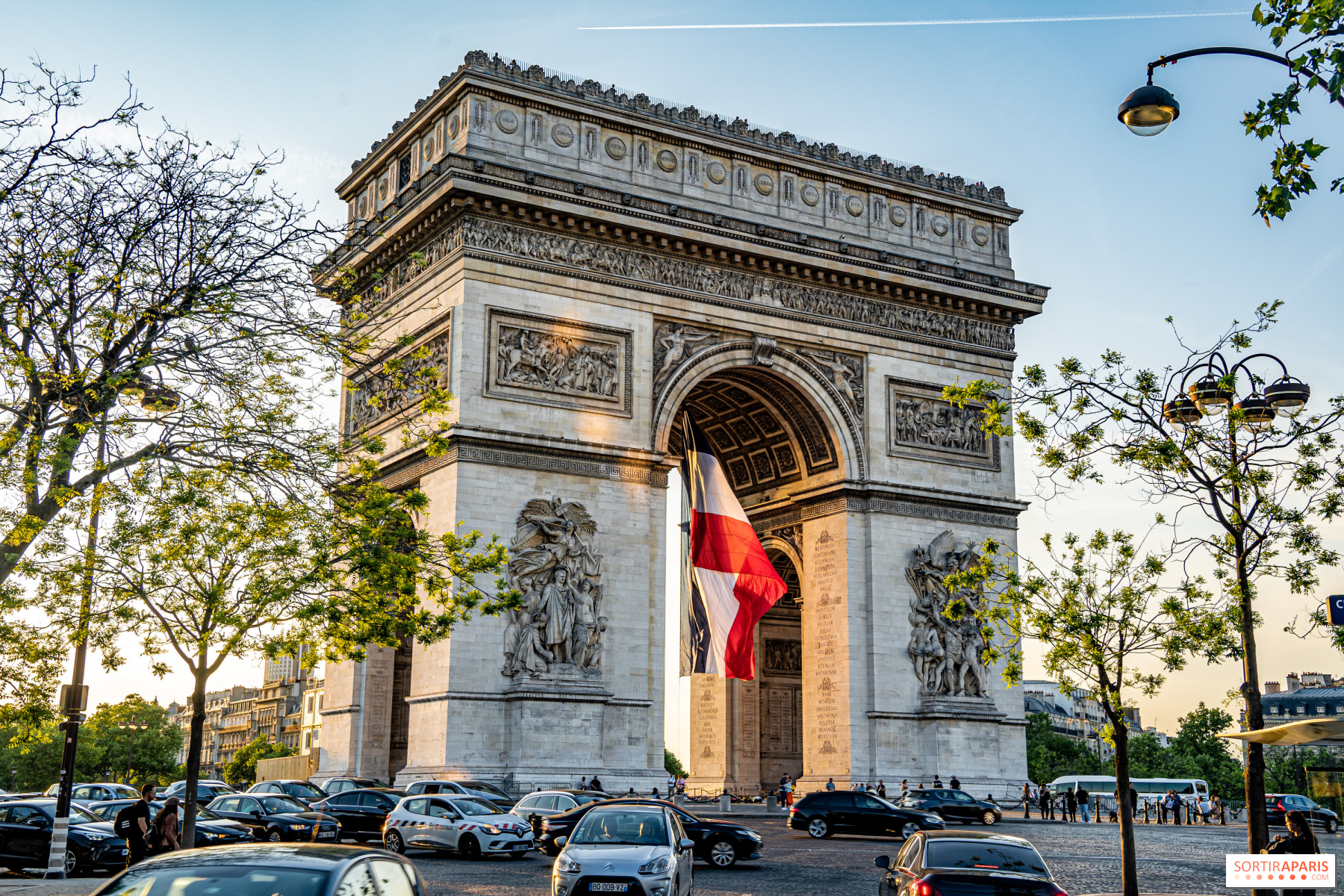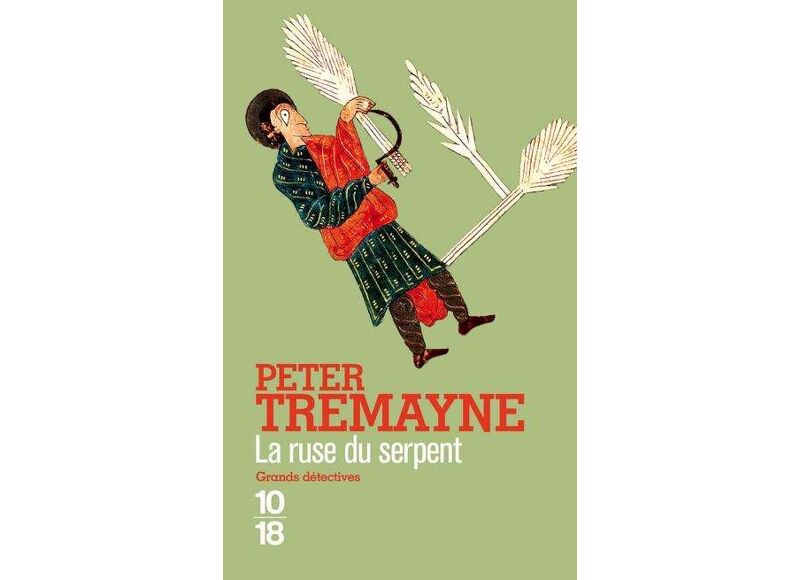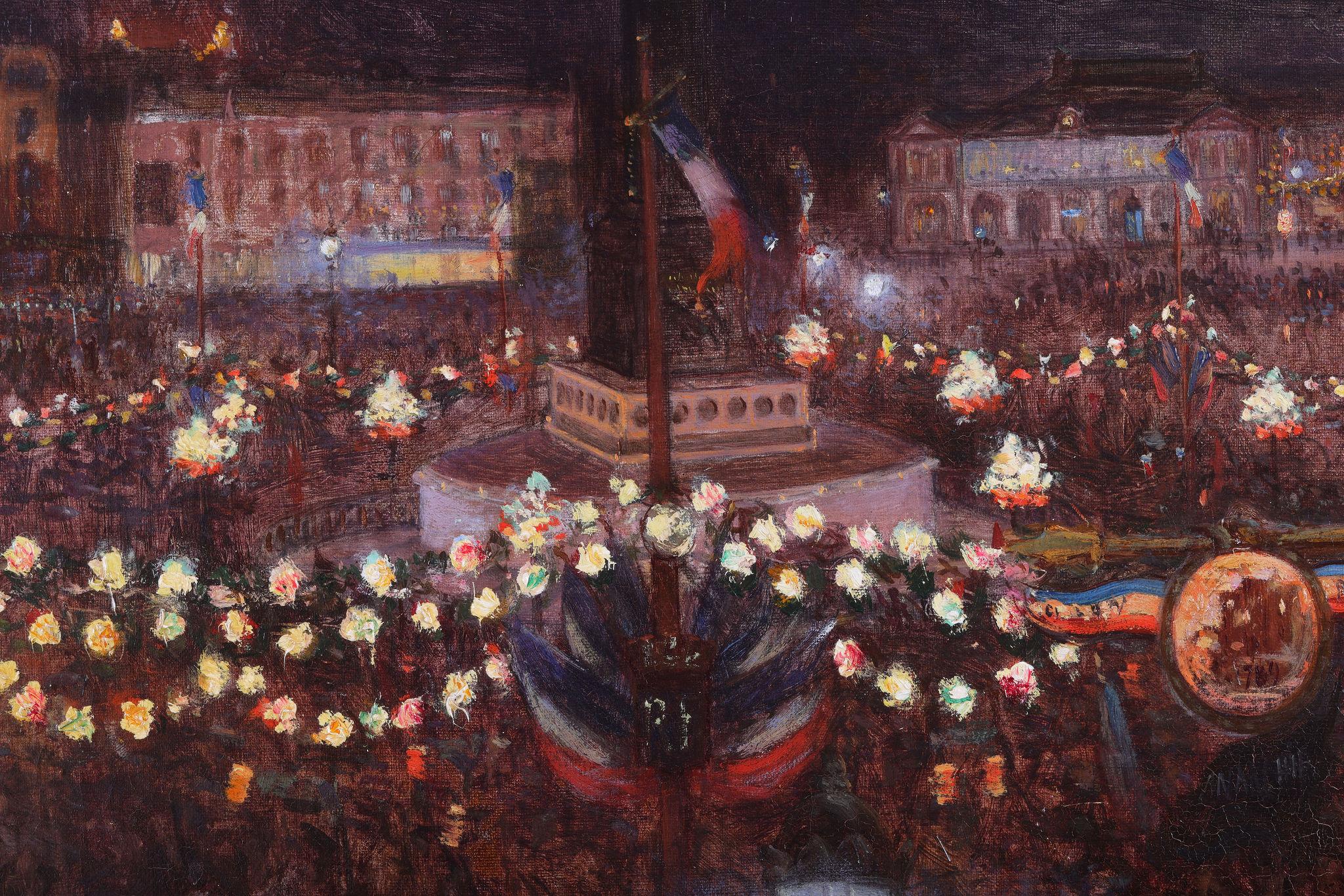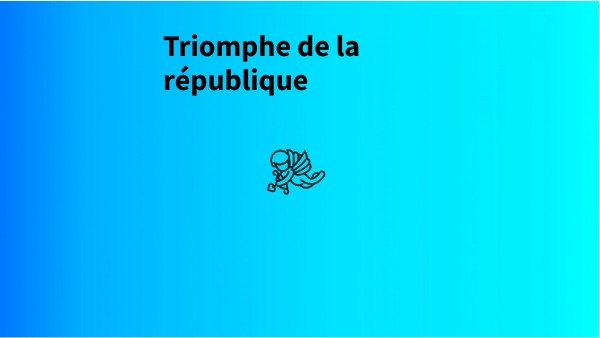Le Triomphe De La Ruse Page De Garde Chapitre Vii

Okay, imagine this. Me, desperately trying to sound sophisticated at a cocktail party, babbling about… wait for it… the finer points of cheese. I’d read this article about how Brie reflects French societal angst (don’t ask!), and I was trying to impress this art critic. Let's just say it didn't go well. She looked at me like I’d suggested covering the Mona Lisa in glitter. But hey, at least it got me thinking – how often do we try to find hidden meanings, layers of strategy, even a little bit of sneaky brilliance, in things that might just… be cheese? Or, in this case, "Le Triomphe De La Ruse", specifically, the "Page De Garde Chapitre VII".
So, What's the Big Deal? (Quick Overview)
Alright, "Le Triomphe De La Ruse" translates to "The Triumph of Cunning." Pretty dramatic, right? And "Page De Garde Chapitre VII" means, well, "Title Page, Chapter VII". Now, without the actual book in front of us (sad trombone), we can only speculate. Think of it as intellectual archaeology! We're digging for clues.
Possible Interpretations:
- Chapter VII is pivotal: Is this chapter the *key* to understanding the entire work? Did something major happen? A twist? A revelation? Perhaps it’s where our cunning protagonist executes their master plan. (Imagine a meticulously planned heist… with cheese!).
- The Title Page matters: Okay, you might be thinking, "It's just the title page!" But think about it – the title page is often carefully designed to set the tone, hint at themes, and even *mislead* the reader. Is the "Page De Garde" significant *because* of what it reveals (or conceals) about Chapter VII?
- Irony, my friend, irony: Maybe the title, "The Triumph of Cunning", is actually ironic. Maybe Chapter VII is where everything goes horribly wrong for the cunning character! Maybe they trip on a strategically placed banana peel. (Okay, maybe not banana peel, but you get the idea). Think Shakespearean tragedy, but potentially with more mime artists involved.
Decoding the Cunning
The phrase "Triomphe De La Ruse" itself is loaded. "Ruse" implies deception, a clever trick, outsmarting someone through wit or strategy. It's not just about raw power; it’s about using your brain, your charm, your ability to manipulate the situation to your advantage. (Reminds me of that one time I convinced my brother to do my chores by telling him it was a “special challenge”… don’t judge me!).
What kind of "cunning" are we talking about here? Is it:
- Political maneuvering? Perhaps Chapter VII depicts a crucial power play, a carefully orchestrated coup.
- A battle of wits? Two brilliant minds locked in a deadly game of intellectual chess.
- A seduction? (Ooh la la!) Using charm and guile to get what you want.
- Just a really elaborate prank? (Okay, probably not, but a girl can dream).
Why Should We Care?
Good question! (Glad you asked!) Even without knowing the specifics, the title and chapter reference hint at broader themes: the nature of power, the consequences of deception, the importance of strategy. It's a reminder that things aren't always what they seem, and that even the most carefully laid plans can go awry. Plus, speculating is fun! (It's way more productive than folding laundry, I promise you.)
Ultimately, without the actual text, we're left with delicious ambiguity. But that’s part of the fun, isn’t it? It’s like trying to solve a mystery with only a handful of clues. So next time you're at a cocktail party, and someone tries to impress you with their knowledge of obscure French literature, just smile knowingly and say, "Ah, yes, 'Le Triomphe De La Ruse, Page De Garde Chapitre VII'… a masterpiece of subtle irony." You might not know what you're talking about, but you'll sound incredibly smart. (And who knows, maybe you'll even impress the art critic!). Bonne chance!



